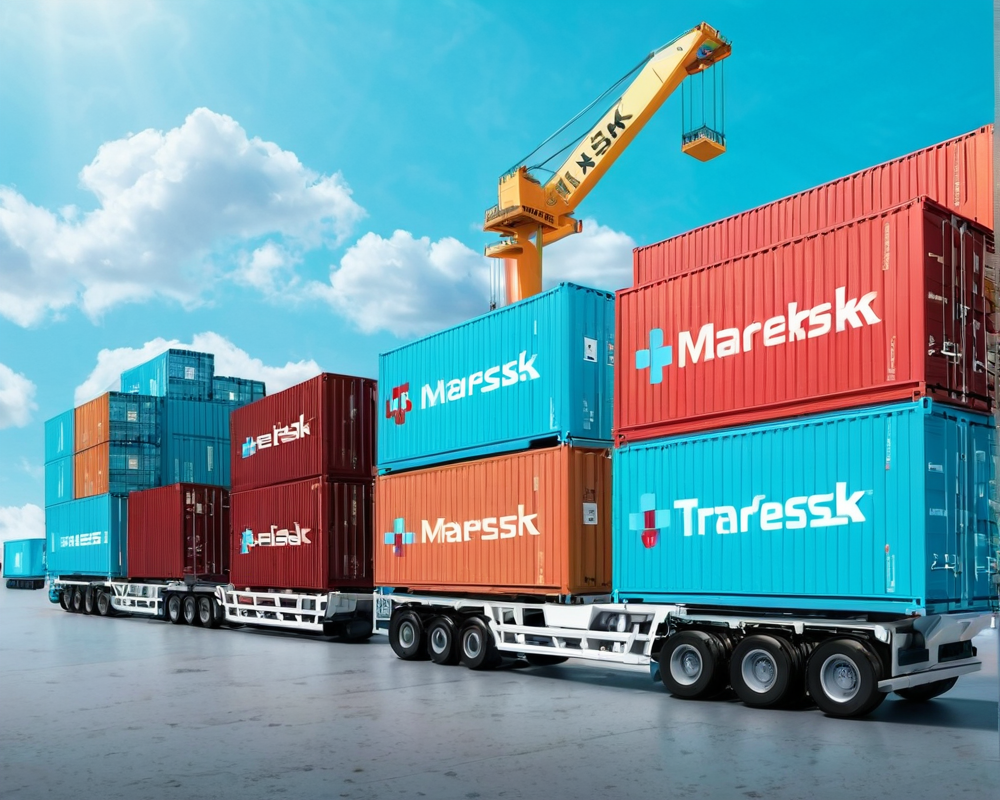The Dream of TradeLens
Back in 2018, IBM and Maersk shook hands and decided to take on the world of supply chains with TradeLens, a blockchain-backed platform designed to make shipping as smooth as butter. The idea was to offer real-time tracking, transparency, and efficiency to all players in the supply chain. Who doesn’t want to know where their shipment is at all times? Spoiler alert: it didn’t quite pan out as expected.
What Went Wrong?
Fast forward to November 2022, and we get the announcement that Maersk is unplugging the TradeLens machine. According to Maersk’s head of business platforms, Rotem Hershko, the main culprit was the lack of “global industry collaboration.” It’s like trying to throw a party that no one wants to attend. Sure, they managed to bring on board over 150 companies, including some big names like CMA CGM and Mediterranean Shipping Company, but that’s not enough to keep a ship sailing smoothly.
Citing Commercial Viability
The head honchos at Maersk realized that despite developing a “viable platform,” it didn’t reach the levels necessary for commercial success. It’s a bit like cooking a gourmet meal that looks great visually but tastes like cardboard. Sure, it made sense on paper, but in practice, the finances just weren’t adding up.
What’s Next for Maersk?
While TradeLens may be in the rearview mirror, Maersk isn’t throwing in the towel. They pledged to keep their focus on finding innovative, digitized solutions in the supply chain arena. One of the bright spots? TradeLens reportedly saved users about 20% in documentation costs and sped up shipping time by 40%. Not bad for a project that had its struggles!
The Bigger Picture: Blockchain Hurdles
The challenges faced by TradeLens highlight broader issues in blockchain adoption across various industries. High transaction costs? Check. Privacy concerns? Double check. Scalability issues? Yep, they’re all on the list. It’s like trying to find a parking spot at a concert; the odds just don’t seem in your favor.
As we look to the future, it’s clear there’s still a lot of learning to be done, both for companies like IBM and Maersk and for the industry as a whole. Whether the promise of blockchain can eventually be realized remains to be seen.




